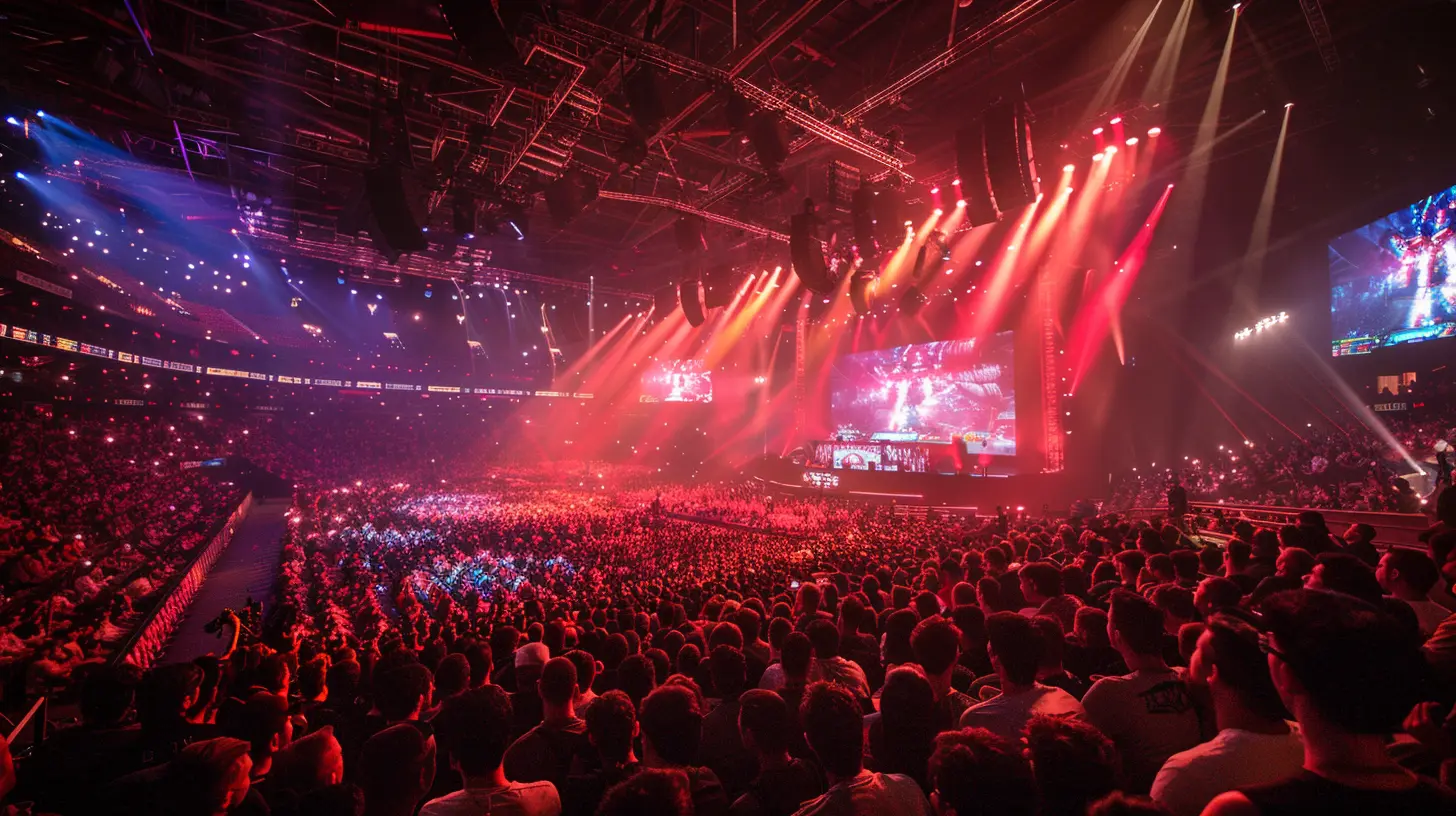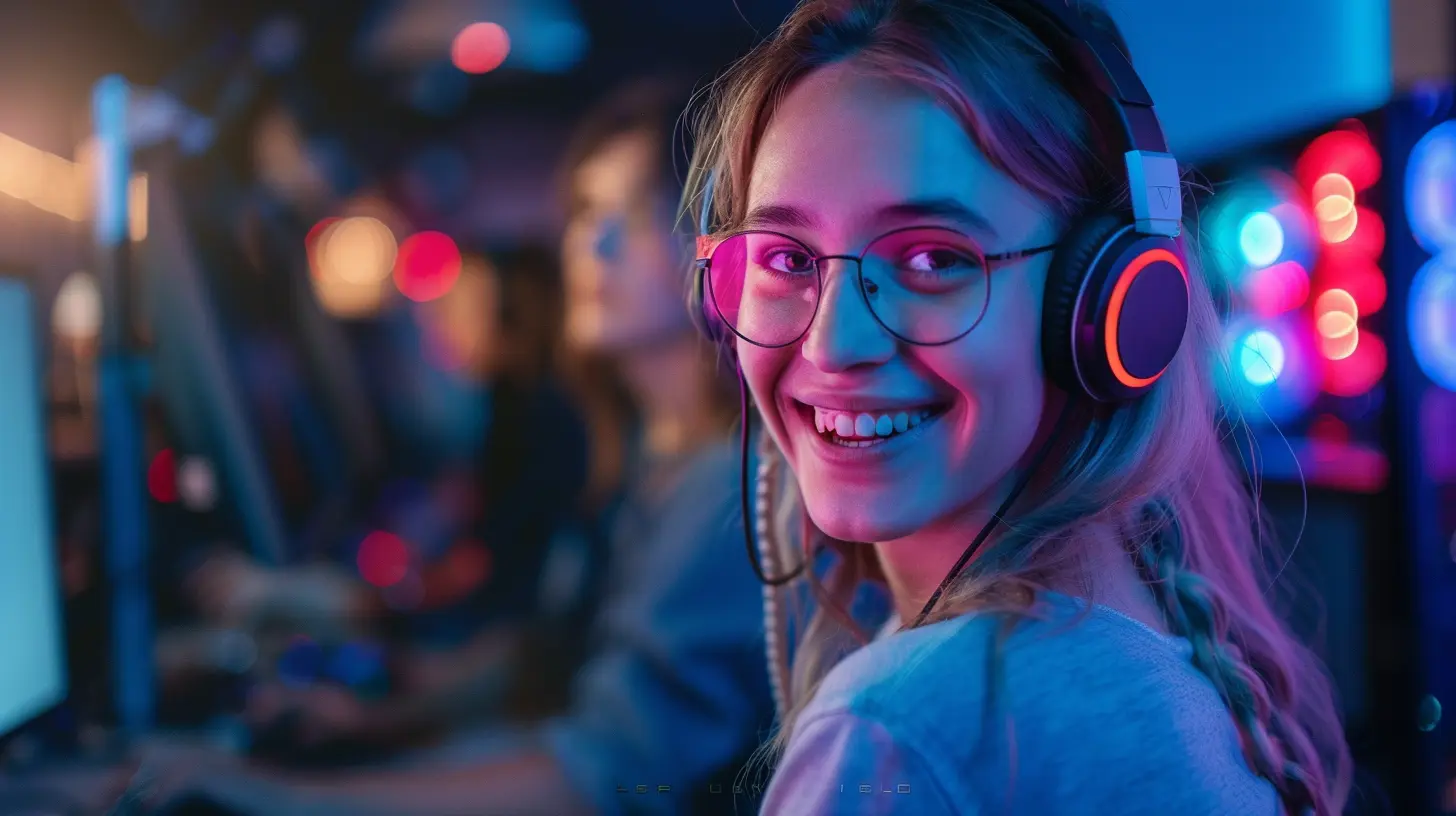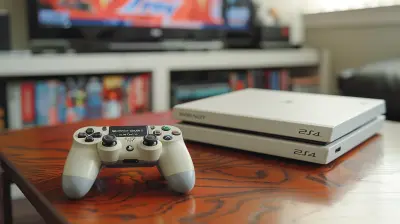How Esports Teams Are Pushing the Boundaries of Gaming Performance
25 July 2025
Esports has exploded into a global phenomenon. Millions of fans tune in to watch their favorite players compete in games like League of Legends, Valorant, and Call of Duty. But behind the flashy plays, clutch moments, and jaw-dropping highlights, there's a whole ecosystem that’s driving the success of these players and teams. Esports teams aren’t just playing games — they’re revolutionizing competitive gaming performance in ways you wouldn’t believe.
How do they do it? What’s the secret sauce that’s helping them perform at levels we once thought were impossible? Let’s break it down together. From cutting-edge technology to rigorous training routines, esports teams are leaving no stone unturned in their quest for dominance.
What’s Fueling the Rise of Esports Teams?
Let’s be real — gaming isn’t just about “sitting on a couch with a controller” anymore. Esports today is a multi-billion dollar industry, and the stakes are sky-high. Teams compete for championships, sponsorship deals, and millions in prize money. Naturally, this means that teams are treating competition more seriously than ever before.Esports organizations are now structured like traditional sports teams. They’re hiring coaches, analysts, sports psychologists, and even nutritionists to improve player performance. It’s not just about individual skill anymore. Teamwork, preparation, and mental resilience are just as important as gaming reflexes.
Focus on Physical and Mental Fitness
Wait, fitness in esports? Yup, you heard that right. The days of chugging energy drinks and pulling all-nighters are (mostly) over. Professional esports players now understand that their physical and mental health directly impacts their in-game performance.Physical Fitness: More Than Just a Trend
Believe it or not, many esports organizations require players to hit the gym regularly. Why? Because physical fitness improves reaction times and reduces fatigue during long gaming sessions. Sitting for hours every day can be brutal on the body, so staying active is non-negotiable. Plus, regular exercise helps with posture and prevents injuries like carpal tunnel syndrome that can cut a gaming career short.Mental Health and Resilience
Gaming is as much a mental battle as it is a technical one. Pressure to perform in front of thousands (sometimes millions) of viewers can mess with anyone’s head. That’s where esports psychologists come in. These professionals help players deal with performance anxiety, develop mental toughness, and stay focused under pressure. It’s like having a mental shield when things get intense.
Training Like Never Before
When you think of gaming practice, you probably imagine players grinding hours upon hours in-game. While that’s still part of the equation, today’s esports training is so much more sophisticated.Data-Driven Practice with Analytics
Think about how NFL teams analyze plays or how F1 drivers review race data. Esports teams are doing the same thing but for gaming. Advanced software analyzes every aspect of a match — from player positioning to weapon usage and strategy execution. Coaches and analysts then use this data to help players refine their techniques and make smarter decisions during games. It’s like having a cheat sheet, but totally legal.Scrims and Team Synergy
“Scrims,” short for scrimmages, are practice matches against other teams. They’re crucial for testing strategies, improving communication, and building team synergy. A great esports team isn’t just a bunch of talented players; it’s a well-oiled machine. Scrims help iron out the kinks so that when game day comes, everyone’s on the same page.
Technology: The Secret Weapon
Esports teams aren’t just relying on talent and hard work; they’re embracing technology to gain that extra edge. From hardware to software, tech is everywhere in esports.High-Performance Gear
Pro players use the best equipment money can buy. We’re talking about ultra-fast gaming monitors, precision-tuned mice, and mechanical keyboards that feel like an extension of their hands. Every microsecond counts in competitive gaming, so even the smallest advantage can make a huge difference.Reflex Training Tools
Ever heard of reaction time trainers? These tools help players sharpen their reflexes and improve hand-eye coordination. Think about it like strength training for your brain. Some teams even use VR simulations to mimic in-game scenarios, which helps players respond faster and more accurately in real matches.AI and Machine Learning
Okay, this is where things get next-level. Some teams are now using AI to simulate opponents’ strategies. By studying these AI-generated scenarios, teams can prepare for potential challenges before they even happen. It’s kind of like predicting the future — and it’s wildly effective.Building a Winning Culture
Behind every great team is a culture that fosters success. Esports organizations are no different. They’re building environments where players can thrive both on and off the virtual battlefield.Team Houses and Bootcamps
Think of a team house as a one-stop shop for esports training. Players live together, train together, and bond as a team. It’s like a family — albeit one that debates over optimal game strategies instead of dinner choices. Bootcamps are another key ingredient, where teams undergo intensive training sessions before major tournaments. It’s all about maximizing potential and minimizing weaknesses.Leadership and Communication
Great leaders make great teams. Esports organizations often appoint captains or in-game leaders (IGLs) who call the shots during matches. These leaders are responsible for keeping the team focused and making split-second decisions under pressure. Clear communication is everything in esports, and a good IGL can mean the difference between victory and defeat.The Role of Sponsors and Partnerships
Let’s not forget the financial side of things. Sponsors are pumping massive amounts of money into esports, which is allowing teams to push performance even further. From energy drink companies to tech giants, everyone wants a piece of the esports pie. This funding goes into better facilities, better training, and better opportunities for players.The Future of Esports Performance
So, where do we go from here? Honestly, the sky’s the limit. With advancements in technology, training methods, and player care, we’re only scratching the surface of what’s possible. Imagine biofeedback tools that monitor player stress levels in real-time or AI coaches that offer instant feedback during matches. The future of esports performance is going to blow our minds.Final Thoughts
Esports teams are doing more than just playing games. They’re pushing boundaries and setting new standards for gaming performance. From embracing fitness to leveraging cutting-edge technology, these teams are redefining what it means to compete. And the best part? It’s still evolving. Whether you’re a casual gamer or a die-hard esports fan, there’s so much to be excited about in this ever-growing industry.Now go ahead, tune into your next esports tournament, and appreciate the sheer effort and innovation that goes into every play. Who knows? Maybe one day you’ll be rooting for an esports team that’s redefining the game all over again.
all images in this post were generated using AI tools
Category:
Esports TeamsAuthor:

Brianna Reyes
Discussion
rate this article
1 comments
Khloe Huffman
Inspiring insights! Excited to see where esports go next!
August 8, 2025 at 4:58 AM

Brianna Reyes
Thank you! Exciting times ahead for esports—innovation is just getting started!


